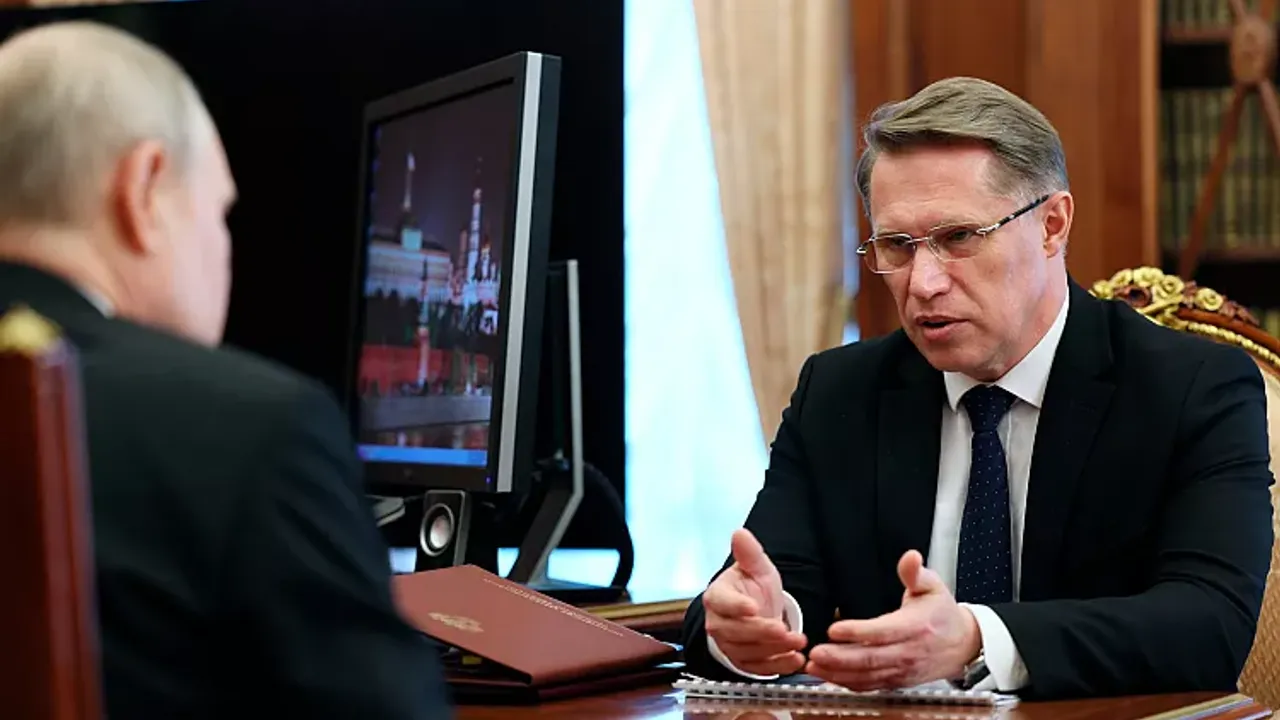Women in Russia are facing increasing restrictions on their right to abortion. Although the procedure is still legal and widely available, recent attempts to restrict abortion have sparked outcry in the "increasingly conservative" country.
While a ban on the procedure is only a proposal for now, private clinics across the country have begun to stop providing abortion services.
The Health Ministry has prepared talking points for doctors across the country to discourage women from terminating their pregnancies. New regulations will also soon make many emergency contraception methods virtually unusable and increase the cost of others.
Russian activists are organizing small protests against the possible change in the law, calling on supporters to file formal complaints, circulating online petitions and even organizing small protests against the possible change in the law.
Some in the country and internationally say the change is similar to the overturning of Roe v. Wade in the United States last year.
"There's clearly a gradual erosion of abortion access and rights in Russia, and it's similar to what's happening in the United States," said Michele Rivkin-Fish, an anthropologist at the University of North Carolina at Chapel Hill.
Last year's US Supreme Court decision striking down the right to abortion reshaped US abortion policy almost immediately, shifting power from the central government to the states.
In the last 16 months, about half of US states have passed bans or major restrictions, but not all are currently enforced due to various legal challenges.
In the Soviet Union, which ended in 1991, abortion laws meant that some women had abortions more than once due to difficulties in obtaining contraception.
After the collapse of the USSR, the government and health experts promoted family planning and contraception, which led to a significant drop in abortion rates.
Until Vladimir Putin came to power in the late 1990s, the law allowed women to terminate pregnancies up to 12 weeks without any conditions. They were also allowed to abort up to 22 weeks for so-called 'social reasons' such as divorce, unemployment or changes in income.
Early in his leadership, Putin forged a strong alliance with the Russian Orthodox Church and chose to promote 'traditional values' while trying to increase the population. This is a position taken by many politicians in Russia.
Earlier this year, Health Minister Mikhail Murashko condemned women for "prioritizing education and career over childbearing".
Currently, abortion is only legally permitted in cases of rape between 12 and 22 weeks.
Depending on the stage of pregnancy, all women seeking an abortion must wait at least 48 hours or up to a week between their first appointment and the abortion in case they reconsider their choice.
Guidelines issued by the state provide for psychological counseling designed to discourage abortion.
Health authorities have also introduced an online 'motivation questionnaire' outlining state support for women if they continue with the pregnancy.
In one region, clinics refer women to a priest before they have an abortion. Although the authorities claim that this counseling is voluntary, some women have told the media that they have had to get a priest's signature to go through with the procedure.
The number of abortions in Russia fell from 4.1 million in 1990 to 517,000 in 2021.
Increased abortion restrictions in Russia spark outrage!
In Russia, the government has begun taking steps to ban abortion. Figures show that women in the country decided not to have more children during the war with Ukraine.
Editor: David Goodman
Trending news

Hells Angels and Venezuelan Gangs: Fact-Checking the Viral Claim About Aurora, Colorado

Deadly Russian Strike Hits Lviv, Ukraine: President Zelenskyy Reports Latest Missile Barrage

Fantasy Football Rankings 2024: Breakout Predictions from Top NFL Model That Forecasted Jahmyr Gibbs’ Big Year

1700 new virus species discovered in the Himalaya

Sydney McLaughlin-Levrone Opens Up About Reactions to Her World Record Performance and the Personal Impact

Police Address Concerns Over Hells Angels Motorcycle Club’s Alleged Move to Aurora







